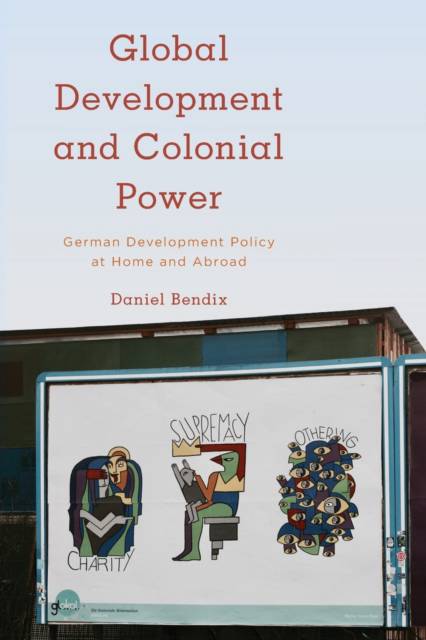
- Retrait gratuit dans votre magasin Club
- 7.000.000 titres dans notre catalogue
- Payer en toute sécurité
- Toujours un magasin près de chez vous
- Retrait gratuit dans votre magasin Club
- 7.000.0000 titres dans notre catalogue
- Payer en toute sécurité
- Toujours un magasin près de chez vous
77,95 €
+ 155 points
Format
Description
Although Germany was one of the principal colonising nations in Africa and today is the world's second largest aid donor, there is no literature on the postcolonial condition of contemporary German development policy.
This book explores German development endeavours by state institutions as well as NGOs, and provides evidence of development policy's unacknowledged entanglement in colonial modes of thought and practice. It zooms in on concrete policies and practices in selected fields of intervention: development education and billboard advertising in Germany, and - taking Tanzania as a case in point - obstetric care and population control in the Global South. The analysis finds that disregarding colonial continuities means to perpetuate the inequalities and injustices that development policy claims to fight. This book argues that colonial power in global development needs to be understood as functioning through the transnational character of development policy at home and abroad.Spécifications
Parties prenantes
- Auteur(s) :
- Editeur:
Contenu
- Nombre de pages :
- 208
- Langue:
- Anglais
- Collection :
Caractéristiques
- EAN:
- 9781786603500
- Date de parution :
- 13-06-19
- Format:
- Livre broché
- Format numérique:
- Trade paperback (VS)
- Dimensions :
- 152 mm x 229 mm
- Poids :
- 312 g

Les avis
Nous publions uniquement les avis qui respectent les conditions requises. Consultez nos conditions pour les avis.






